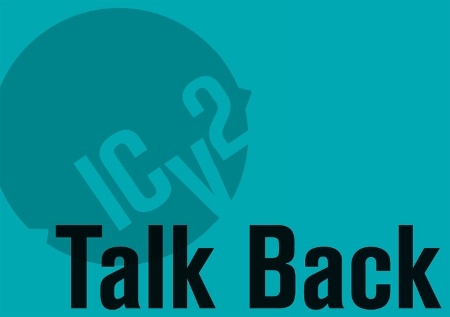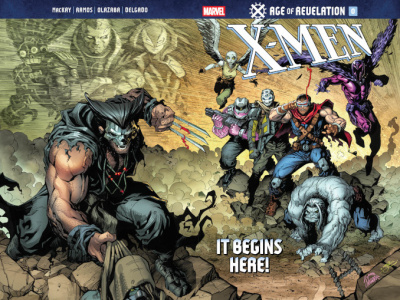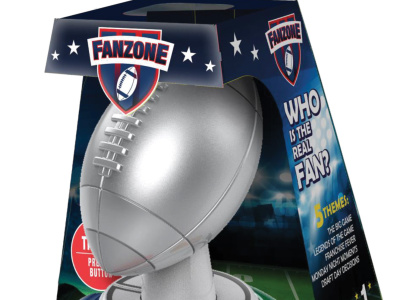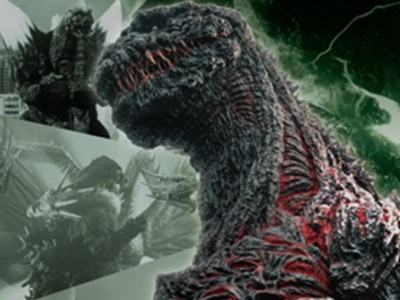Dan Barnett of Walt's Cards in Baltimore, Maryland comments on Rob Salkowitz's recent column regarding California's new autograph law (see "California Signs Up for Some Really Bad Legislation Regulating Autographs").
Rob Salkowitz is quite incensed that California would attempt to put regulations on the autograph industry. No matter that he spends half of his article discussing the tax ramifications of autographing, a separate issue entirely. On the taxation issue, does the name Pete Rose come to mind? But to the issue, I do not live in California nor have I read the law. And I haven't followed autograph prices in 25 years.
Mr. Salkowitz is offended to see that California makes the seller of an autograph responsible of its authenticity. If we grant his argument, who then ought to be responsible? Mr. Salkowitz states that only those "who deal in autographed material" are affected. This will not affect individuals, only dealers. He covers in paragraph 3 the issue he raises paragraph 6. I would sell Mr. Salkowitz my autographed Chris Pine photo with the COA that I received when I bought it.
My greatest objection is the way Mr. Salkowitz dismisses the issue of counterfeits. It is not just the media community involved but sports also has a thriving autograph industry. A William Shatner autograph is what, $75 bucks or so? Nimoy probably twice that. Doohan? DeForest Kelly? Alex Guiness? Harrison Ford? For sports, Willie Mays used to be about $50. I bought my Mickey Mantle at $95 before he died. Any guess what an autographed ball from the Marlins pitcher who died in the boating wreck are worth? No, Mr. Salkowitz, there is serious money here. And with serious money comes the scammers.
Back in the early 90s the FBI asserted that 90% of the autographs in the sports field were bad. It's far too easy to fake an autograph and sell it cheap, $20 for something normally bringing $40. There are far too many willing to get a bargain without questioning the source or the authenticity, $20 for an "autographed picture" that cost the scammer $2. Easy money. There are those who cheerfully take advantage of any opportunity for easy, if illegal, money.
One last question for Mr. Salkowitz, if he is this dismissive of counterfeit autographs, is he equally dismissive of counterfeit Magic: The Gathering/Yu-Gi-Oh!/Pokemon cards? How about dollar bills? No sir. A counterfeit is a cheat, a scam, and illegal. Whether autographs, cards, or bills, is irrelevant. The underlying issue is the same in each. We, individually, and as an industry, ought to cheer and support any efforts to curb or eliminate the counterfeits.
The opinions expressed in this Talk Back are solely those of the writer, and do not necessarily reflect the views of the editorial staff of ICv2.com.
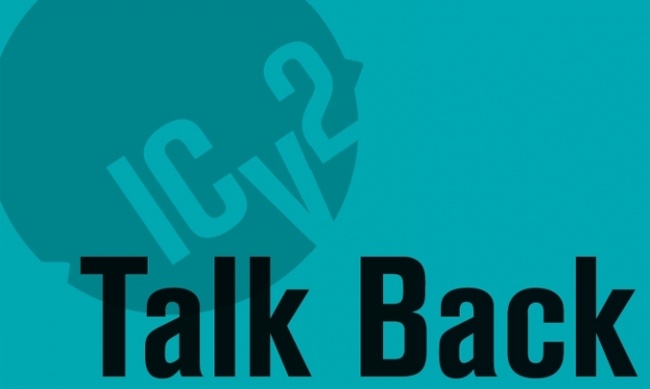
'Who then ought to be responsible?'
Posted by ICv2 on October 20, 2016 @ 3:10 am CT
MORE COMICS
From Tiny Onion, Dynamite, Image, IDW
July 18, 2025
There are four Humble Bundle deals running right now, from Tiny Onion, Dynamite, Image, and IDW.
From Marvel Comics
July 18, 2025
Age of Revelation, a new status quo taking place 10 years into the future and arising out of current developments in the X-Men titles, begins in October.
MORE NEWS
With 'Fanzone: Electronic Football Trivia Game'
July 18, 2025
Ultra PRO will release Fanzone: Electronic Football Trivia Game into retail.
Booster Set Adds King Ghidorah, Gigan, and Spacegodzilla
July 18, 2025
Bushiroad announced a second booster set for Godzilla Card Game.



